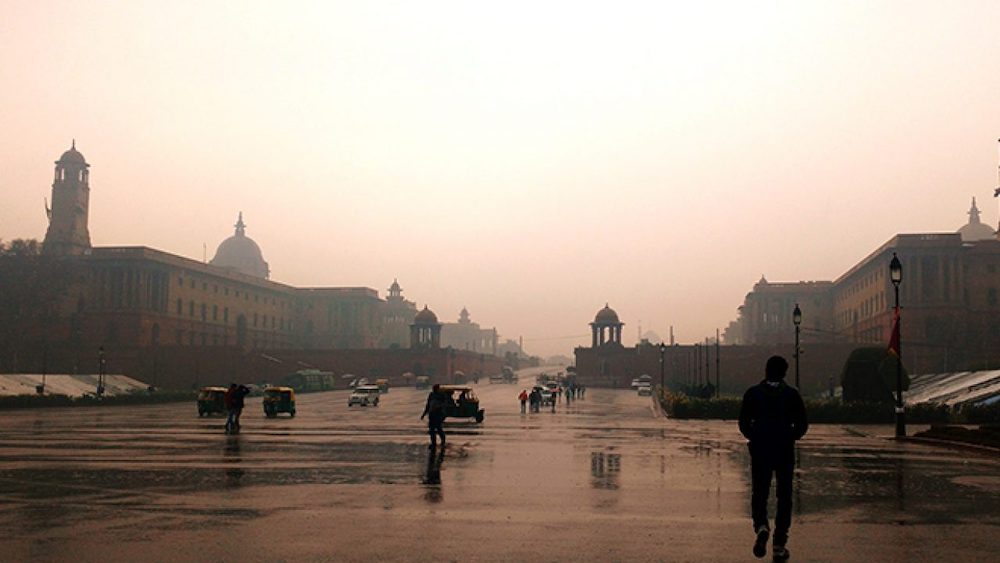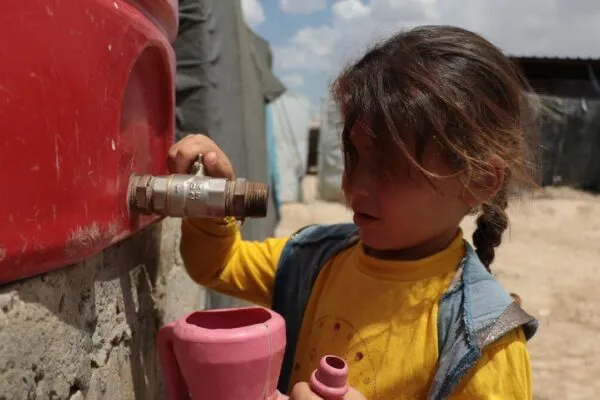Proper Rainwater Harvesting in Delhi Can Prevent Flood on the Streets
Delhi needs to be future-ready with a proper rainwater harvesting system that can solve the two major issues in the city, water shortage and the flooded streets during monsoon
Lately, Delhi suffered from more than 66 MGD water shortage due to less supply from Haryana to its water treatment plants at Okhla and Wazirabad Chandrawal. India’s capital has a current water requirement of 1,380 million gallons every day. But they have limited potable water sources. Hence, the city has to depend on other states for meeting approximately 90 percent of its water demands. So, the authorities need to work properly on the rainwater harvesting system to tackle the issue of the water crisis.
Recently, Delhi Jal Board officials observed that the city’s water level at Wazirabad decreased by 5.5 feet. As a result of this water drop, over three lakh households faced its impact. Currently, the city manages around 900-935 MGD of water from Yamuna, Upper Ganga Canal, Bhakra storage, and Munak Canal.

Image: ORF
Therefore, the Delhi cabinet has approved a project for water conservation. The project aims to create small ponds in the Yamuna floodplains in areas from Palla to Wazirabad. During the heavy rains, the water will fill up these ponds. This collected water will percolate into the earth while restoring the water table, which otherwise is falling at a rate of 0.7 metres every year.
Delhi government even intends to start the groundwater recharging this monsoon. However, they will do so on an experimental basis this year due to time constrain. But for the next year, they surely will have a solid foundation to proceed with the project.
That’s how the authorities are planning to address the water issues in the city. They believe that with the harvesting of rainwater that often goes waste by flooding the streets, it would be easier to solve the water scarcity in Delhi.
Rainwater harvesting will be mandatory for all government buildings to ensure every building is following eco-friendly practices. This will not just solve the current water crisis but also make Delhi ready for the future.
Via: Times of India


